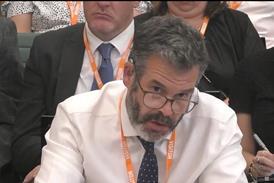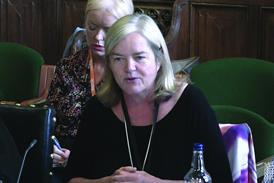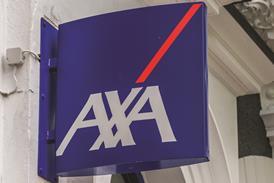The High Court has told lawyers charging far in excess of the guideline hourly rates that their costs budget is ‘disproportionate’ and they should reconsider who is asked to carry out work.
Following a costs and case management conference in Associated Newspapers Ltd v Buckingham Group Contracting Ltd (Costs Budgeting), Roger Ter Haar KC, sitting as a deputy high court judge, indicated that the claimant’s estimated costs should be reduced by around 15%.
He declined to allocate reductions on a phase-by-phase basis but offered the claimant, whose solicitors Baker McKenzie charged £801 per hour for a Grade A partner, a chance to come back with a revised budget taking his views into account.
The case highlights an ongoing issue around the courts exercising powers to restrict costs in excess of guideline hourly rates, which were revised upwards last year.
The underlying case was a contracts dispute between Daily Mail publisher ANL and the civil engineering and building contractor BGCL, estimated to be worth as much as £10m. The judge commented that ANL’s costs budget exceeded the defendant’s by a ‘substantial’ margin, with the claimant budgeting for £3.18m and the defendant £1.87m.
Looking into why, the court heard that ANL’s lawyers charged £801 an hour for the top fee earners, well over the £512 in the guideline rates. Indeed, ANL’s lawyers charged more for a trainee Grade D fee earner (£216) than BGCL did for its Grade A partners (£215).
ANL argued in court that this was an important claim, involving its principal printing works, and that it was dealing with issues concerning other parties.
The judge stressed that it was not the role of the court in the costs management hearing to fix or approve hourly rates, but it was appropriate to ask at this stage whether the ‘proposed deployment of the legal team is reasonable and proportionate’.
He continued: ‘The amount estimated is disproportionate to the issues arising in the case, even allowing for the presently estimated amount of the claim. It is of course open to ANL to make use of expensive and experienced lawyers, but in doing so, ANL’s legal team will need to consider the extent to which work can be delegated either to more junior members of the solicitor team, or to members of the bar who are likely to charge lower hourly rates than the Grade B and C senior associates at Baker McKenzie.’
This article is now closed for comment.



























20 Readers' comments